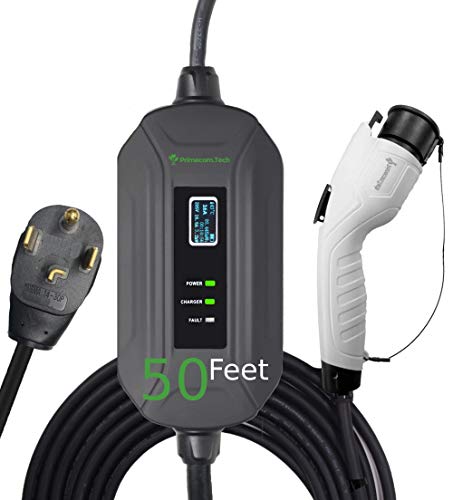MKH said:
I think that 32 amps is as much 'juice' as the 120h i3 can accept, hence the 32 amp cable that comes with it. If your charger is limited to 16 amps - then that's what the car is getting, and 11 hours from 14% to full is actually pretty normal.
I've been waiting for a European i3 owner to reply, but it hasn't happened so far. Single-phase North American i3's have different chargers than 3-phase European i3's. I probably don't understand the differences, but I'll give it a shot hoping that a European i3 owner will correct me.
All i3 charging modules support 16 A 3.7 kW charging. North American i3's have 2 of these charging modules connected together in parallel which allows 32 A 7.4 kW charging from a single-phase 240 V electricity supply (also described as split-phase because the voltage is the sum of 2 phases separated by 180º). European i3's with 3-phase chargers have 3 of these charging modules, not connected together in parallel as in North American i3's but connected to each phase of the 3-phase electricity supply. Thus, each phase allows 16 A 3.7 kW charging, or 48 A 11.0 kW in total assuming the European 230 V nominal voltage.
To realize the full 11 kW charging power requires a 3-phase EVSE (i.e., wall box), a 3-phase charging cable, and all 3 charging modules operating correctly. If the EVSE or charging cable is only single-phase, or only 1 charging module is operating correctly, the maximum charging power would be the 3.7 kW that Colin is experiencing. If Colin's dealer is correct in stating that his i3's charging modules and his charging cable are working correctly, the wall box is the only other component of the charging circuit that could be faulty. Maybe Colin's wall box is a single-phase wall box or is a 3-phase wall box connected to only 1 phase.
To verify his dealer's assertions, Colin could try charging his i3 with his charging cable but using a different wall box known to work correctly. If this results in full 11 kW of charging power, his wall box is to blame. If this results in only 3.7 kW of charging power, he could try using a known good 3-phase charging cable. If this results in only 3.7 kW of charging power, 2 of his i3's charging modules aren't working. However, if this results in 11 kW of charging power, only 1 conductor of his 3-phase charging cable is working or he has a single-phase charging cable instead of a 3-phase charging cable.
Unfortunately, the i3 does not display the charging power while charging, so one would need to calculate the charging power by measuring the time required to add a certain amount of energy to the battery pack. I don't know the usable energy capacity of a 120 Ah battery pack, so I'll assume 40 kWh as an example. Using the charge level percent display of the i3's trip computer and ignoring charging losses of ~7%, each percent of charge level added would be approximately 0.01 x 40 kWh = 0.4 kWh. 11 kW of charging power would increase the charge level 1% in 0.4 kWh / 11 kW = 0.4 h or 0.4 h x 60 min/h = 2.2 min. So I would charge for 5 min to see how much the charge level percentage increased (this should be done with the charge level below 90% to avoid charge power tapering as the charge level nears full).
Or, I don't understand 3-phase 11 kW European i3 charging and something else is to blame.

























![[Updated] 600W Power Inverter for Vehicles 12v to 110v, Dual DC to AC Car Inverters Converter Car Adapter for Wall Plug Outlet with USB C 65w/24W Fast Charge for Laptop Road Trip/Long Drive/Camping](https://m.media-amazon.com/images/I/41+ce37YsRL._SL500_.jpg)











![300W Car Power Inverter DC12V to AC110V,Dc to AC Car Plug Adapter Outlet with Multi USB[24W USB-C] /USB-Fast Charger(24W) Car Inverter,Car Charger for Laptop Vehicles Road Trip PISIFAU](https://m.media-amazon.com/images/I/41+ox0CwBYL._SL500_.jpg)










